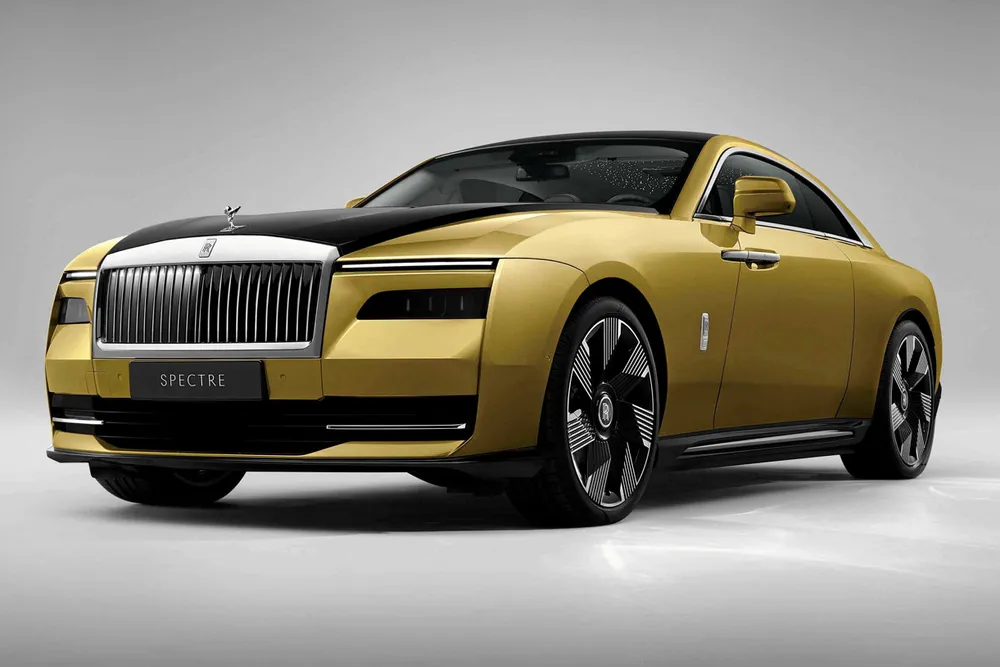Rolls-Royce Motors could 'exit batteries' and pivot to hydrogen fuel cell cars: CEO
But BMW-owned luxury brand rules out any foray into H2 combustion, warning that it is too inefficient

But BMW-owned luxury brand rules out any foray into H2 combustion, warning that it is too inefficient
